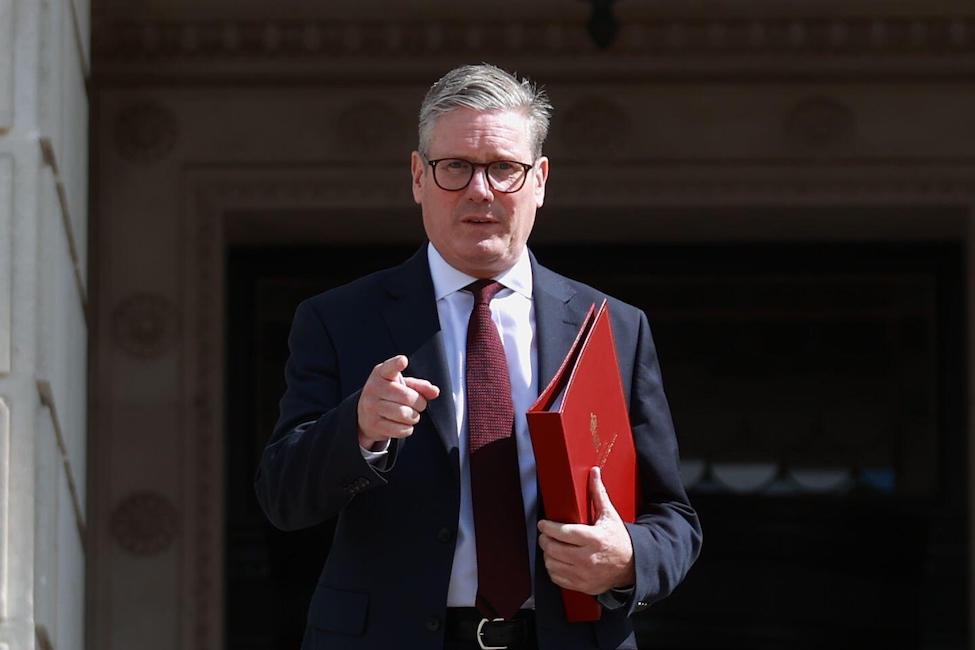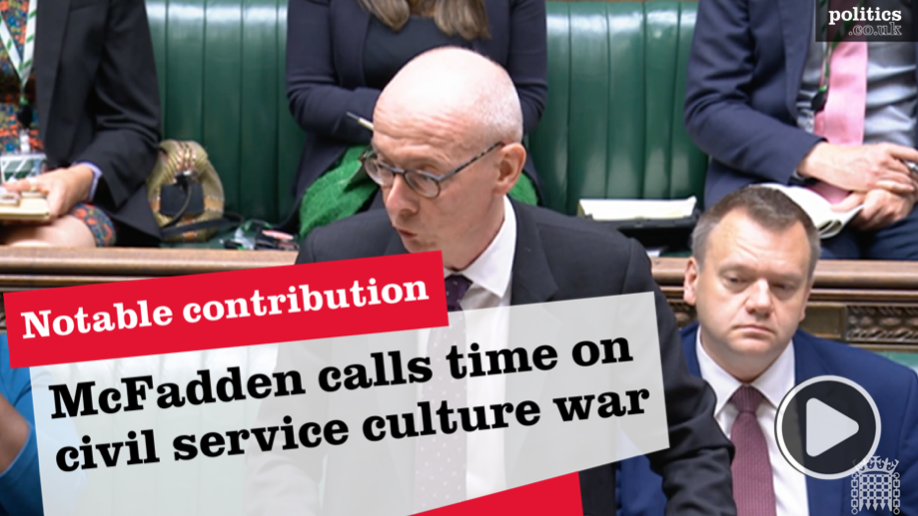Advice workers and charities could benefit from new Ofgem rules
Energy suppliers must prioritise enquiries from vulnerable customers and their representatives under new rules announced by Ofgem.
A recent report [paragraph 36] by the House of Commons Select Committee on Energy Security, called for firms to set up a priority access line for charities working with households in fuel poverty. This would enable advice workers to access enhanced customer service and enable them to help more people in the long run.
Roni Marsh from South West London Law Centres gave evidence [Q42] to the Committee in September and told MPs:
“I would like to ask for us to have priority access to some of the energy firms, not so that we can spend less time with people but so that we can see more people with the time we have with a priority support route.”
Now under the new Ofgem rules [p8], energy firms have an obligation to “prioritise vulnerable customers who need immediate support, or their representatives acting on their behalf.”
Energy firms now have until the 14th December to put these measures in place.
A spokesperson for the End Fuel Poverty Coalition, whose members include front line community organisations, commented:
“Thousands of hours of advice time is wasted each year by charities waiting on hold to speak to energy firms about the problems faced by the people they support. We expect energy firms to make good on the promises they made to MPs on the Commons Energy Select Committee before this winter.”
The requirements also require suppliers to contact customers if they miss two monthly or one quarterly payment, check to see if they are struggling with bills and, if so, offer support such as affordable payment plans or, if appropriate, repayment holidays.
Recent research by a price comparison website found that almost one in seven people say they have gone from being in credit to their energy firm a year ago to owing money now.
And as a first step, suppliers will also need to publish the ratings of their customer service. Ofgem will also begin work with the sector to develop new measures of customer service with a view to publishing next year.
Warm This Winter campaign spokesperson, Fi Waters said:
“Suppliers need to get their act together and give customers the service they deserve. Our Tariff Watch Report revealed companies are charging an average £242 per customer per year on operating costs.
“Instead of spending the same amount on customer service as they do on marketing, which includes football sponsorship, they should plough that back into providing a proper and effective service for the ordinary people they are making millions from.
“Whilst we welcome any move from Ofgem to make suppliers more accountable, what Warm This Winter is demanding is an end to our broken energy system and current government inaction that is costing lives, damaging health and wasting money.”
Jonathan Bean of Fuel Poverty Action said:
“Ofgem’s proposals are a weak response to the awful treatment that many customers suffer. Vulnerable people are forced to battle for months, causing enormous harm.
“Rather than punishing them for their failures, Ofgem may even allow energy firms to increase their already bloated operating cost allowances.”
The End Fuel Poverty Coalition spokesperson added:
“It’s not enough for energy firms to just pick up the phone to customers struggling with their bills. With soaring energy debt levels, people need to have their concerns dealt with efficiently and in a sympathetic manner.
“We hope that as the new guidance is implemented, Ofgem will expand the measures it uses to assess energy firms’ performance. As well as ‘contact ease’ being measured and published, the regulator should also consider ‘contact success’ and ‘contact empathy’ as measures of performance for energy firms.”
The new standards – developed following a statutory consultation this summer – aim to make it easier for customers to contact their suppliers, ensure households who are struggling with bills are supported and improve overall customer satisfaction. The End Fuel Poverty Coalition’s response to the consultation can be read online [pdf].
The introduction of the new rules into supplier license conditions means Ofgem claims it will be easier for the regulator to take action where there is evidence of suppliers failing to meet these requirements.










